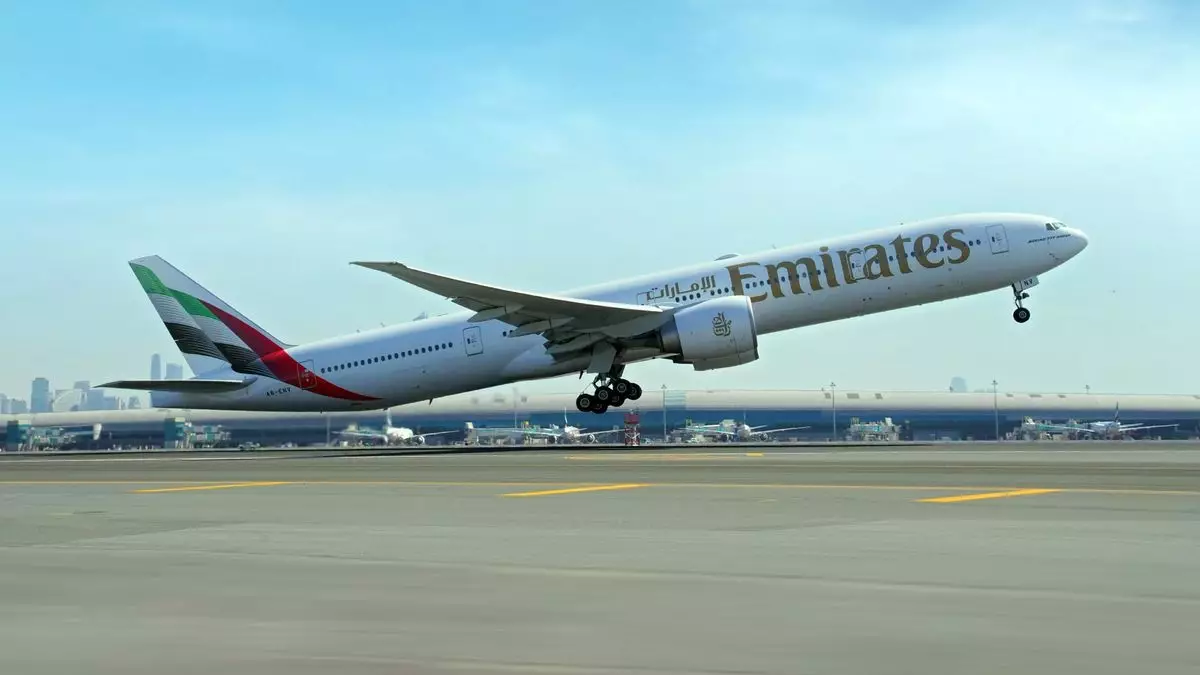The U.S. Department of Transportation recently imposed a hefty fine of $1.8 million on Emirates Airline for breaching airspace regulations during flights that were codeshared with JetBlue. The undisclosed number of flights in question occurred between December 2021 and August 2022. According to the department, these flights were conducted in prohibited airspace over Baghdad, contravening a Federal Aviation Administration (FAA) regulation that restricts flights from operating below 32,000 feet in that region.
Emirates Airline was found to have violated the conditions of its regulatory authority by engaging in passenger operations to and from the United States without the approval of the DOT. This not only put the safety of passengers at risk but also disregarded the established rules concerning airspace usage. Despite the airline’s claims that it adhered to flight plans that allowed operations above 32,000 feet in the Baghdad area, the DOT concluded that Emirates breached the regulations by flying at lower altitudes under the direction of air traffic controllers.
Emirates’ Response
In response to the fine, Emirates maintained its innocence by arguing that emergency procedures exempted their actions from violating the FAA regulation. The airline emphasized its commitment to safety and asserted that it only deviated from the prescribed flight paths due to instructions from authorities. However, the DOT remained firm in its decision to penalize Emirates for its non-compliance with airspace restrictions.
Notably, this is not the first time Emirates Airline has faced repercussions for airspace violations. In 2020, the DOT fined the carrier $400,000 for similar incidents involving flights codeshared with JetBlue in restricted airspace near Iran. Despite the initial penalty, Emirates was ultimately required to pay only $200,000 as part of the settlement.
The substantial fine imposed on Emirates Airline serves as a stark reminder of the consequences of disregarding airspace regulations. Operating flights in prohibited areas not only jeopardizes safety but also undermines the regulatory framework established to ensure secure and efficient air travel. Airlines must prioritize compliance with airspace restrictions to uphold the highest standards of safety and accountability in the aviation industry.

